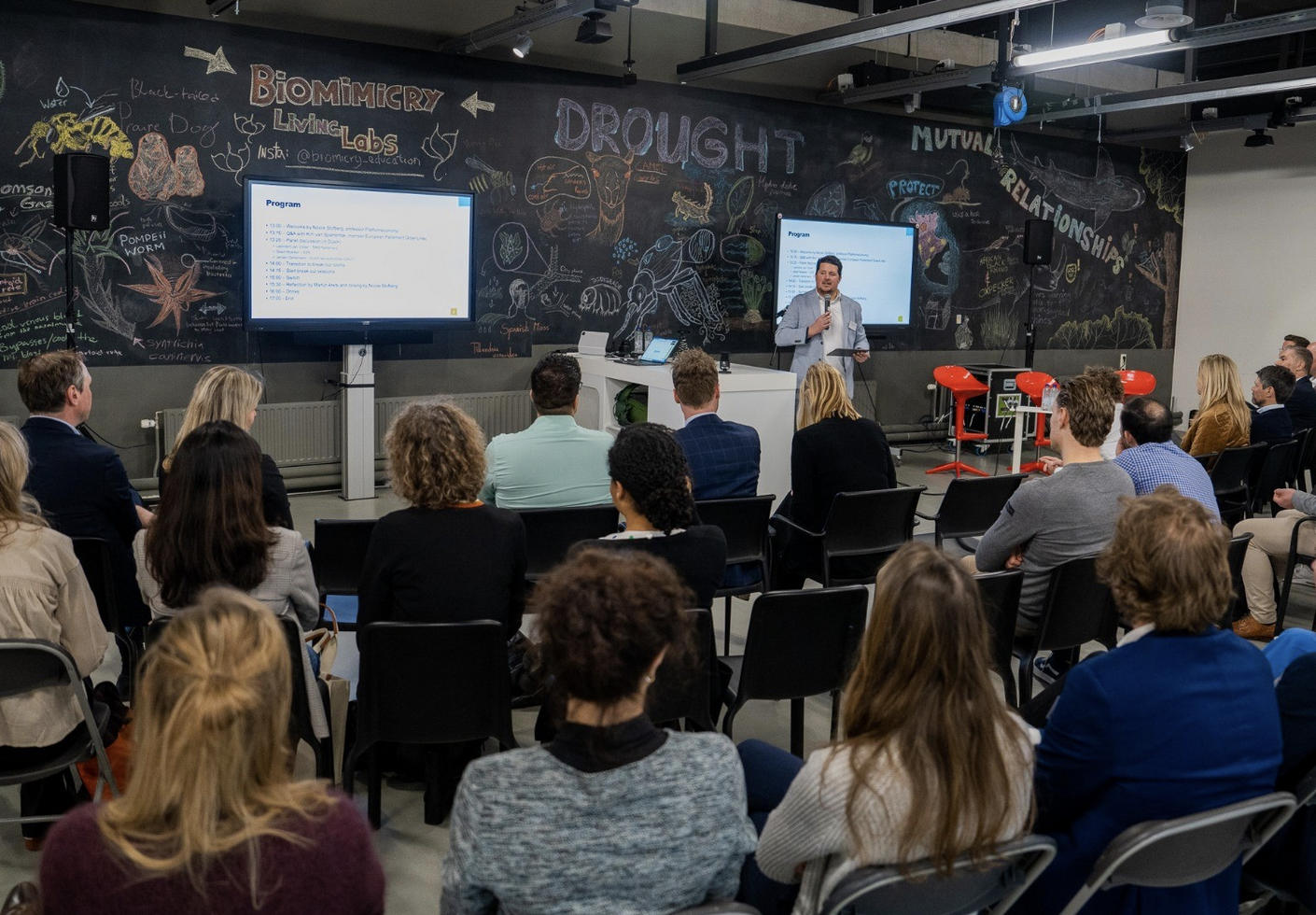Sustainability in our education
The survival of life on our planet and an equitable distribution of opportunities and possibilities are under pressure. At the same time, a new digital world offers opportunities and challenges. At The Hague, we prepare our students to work in a connected world - and to connect worlds.

Higher education has an important role in encouraging students to take social responsibility in solving the big issues of our time. We want to offer our students a place to discover and develop their talents. At The Hague, you can develop into a critically thinking and learning global citizen, equipped to contribute to a sustainable and just world in your own professional practice.
In our Educational Vision we have agreed that each programme will indicate in the programme framework how sustainability is given a place in the curriculum. We also ask each programme to make clear how it contributes to the realisation of the Sustainable Development Goals of the United Nations. We monitor this annually.
The The Hague Center for Teaching & Learning (HCTL) is the professional learning network for all employees of The Hague University of Applied Sciences. Within the HCTL, a research project Regenerative Pedagogy has been launched, which will lead to a teaching course for our lecturers, a toolbox that will help give sustainability a place in every course.
How are we going to make it everyone's topic?
Read the interview with Wâtte Zijlstra about the Regenerative Pedagogy study
SHE certification
We encourage our programmes to use Sustainable Higher Education (SHE) certification. We incorporate this accreditation into our existing accreditation processes wherever possible, to ensure that sustainability in the curriculum gets the attention it should, while not creating additional regulatory burdens.
Sustainability in every programme
How sustainability is currently given a place in education varies from one study and subject to another. Last year, for instance, over 200 students from the Nutrition & Dietetics programme took part in the Food Boost Challenge. Together with researchers from THUAS they came up with a concept to get young people to eat more fruit and vegetables in a sustainable way. In doing so, they reached more than 2,000 schoolchildren: Veggie Smooth Winnaar Food Boost Challenge
Students on part-time courses in Facility Management, Business Administration and HRM start working on various sustainability themes in the first year of study. As part of their studies, they develop sustainable professional products, choosing the SDG theme that is most relevant. For instance, they advise their own organisation to make employees sustainably employable, set up a circular business operation or take an initiative on corporate social responsibility.
A new machine for recycled plastic
"Nature is the best designer" is a common saying at our Delft location. In the engineering courses, the names of the subjects already speak for themselves: Circular and Social Design, the Sustainable Engineering minor, Sustainable Building with Wood, Circular Economy. Projects could, for example, be about developing a new system for shared scooters or developing a machine to create more accessible products from recycled plastic.
I would like to ensure that our students remain sustainably connected to this recycling process
Read the interview with Jenna Coward about a new machine for recycled plastic
Minors
THUAS regularly offers minors focusing on sustainability. Recent examples include the minors Energy in Transtion, Smart Sustainable Inclusive Cities, Circular Business and Sustainable Packaging Design & Innovation. For an overview of minors and the current offer of minors focusing on sustainability, please visit Minors at THUAS